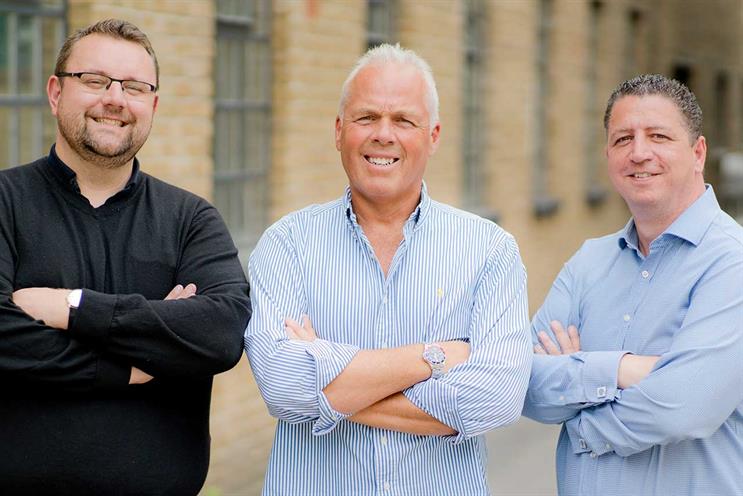Ten years ago, I read in the Evening Standard about a city chief executive who implemented a nine-day working fortnight for his staff.
In an ingrained first-in, last-out culture, with regular 70-hour weeks, he’d introduced a compulsory day off every fortnight. He successfully implemented a radically different way of working that produced an increase in productivity and his bottom line.
That idea stuck with me.
Ours is a very different industry, but our staff face the same pressures. Decades after I started, and in an age of increased awareness of mental health, the need for flexibility and a better work/life balance, staff are still at risk of burnout.
I’ve seen first hand how toxic a culture of presenteeism can be.
My co-founder Guy O’Brien and I have tried to build a business that rewards output rather than applauds the longest shift. But we have always wanted to take that a stage further.
The nine-day working fortnight policy rolled out in June was that step.
The day off every fortnight represents a chance to step away from work and do something for ourselves.
It’s a regular, mandatory rest day. There’s no change to package or benefits and no requirement to justify how it is spent.
We felt it would also be beneficial for the business, having a positive impact on our productivity, culture and also collaboration, because people needed to work together to plan days off and support their team members on rest days.
Interestingly, when we announced it, there was both positivity and a lot of questions. How would things change? Would we be monitoring output more closely? Where was the catch? There was consultation and we worked through the implementation process together.
We also needed to communicate carefully with clients. Would there be changes to their regular teams, contacts or service levels? And, in a more tongue-in-cheek vein, how can we avoid you poaching our staff with your new policy?
Positive change
Three months in and it’s going well. Our recent (anonymous) staff survey cited productivity as the number one positive change, reflected in recent business performance, followed by a better work/life balance.
There are more face-to-face get-togethers internally and people are more aware of the project’s colleagues work on. Clients also feel they truly have a team of people dealing with their needs, with more eyes on every project.
A few people have also told us about those lightbulb moments happening away from the office. It’s the classic idea of stepping away from a problem and then the answer suddenly presenting itself.
It has been a powerful recruitment tool. All our recent hires referenced it as a factor in accepting their roles. No sign yet of attracting candidates who were solely focused on 50 days’ holiday.
The 24/7, always-on culture in our industry is self-created. Nobody’s the linchpin to a business and our new way of working means that everyone can step away with others' support, with no reduction in client service.
Home working is a challenge in our niche because of tech and security, so this allows us to give people a firm base in the office when needed, with time to explore when they’re not at their desks.
We have learned to:
- Build it into the business’ working life – create structure and guidelines
- Create a joint universal calendar for rest days and input in advance
- Respect the policy and follow it ourselves – this is about a change across the business
- Have a clear out-of-office with designated contacts, then switch off emails and enjoy
Embracing flexible working obviously requires a philosophical shift and at present it feels like the biggest challenge is to change senior management’s attitude.
The recent fuss about a leading media agency apparently losing that "Friday feeling" as the office is emptier than usual is pertinent.
Judging whether flexible working is effective shouldn’t be about counting heads – I doubt many employees, outside of management, feel that’s their most important KPI.
Were clients happy with their team’s work? Did the lack of people in the office negatively impact output?
If so, there is an issue. If not, don’t fall into the trap of thinking lack of people at desks is an issue. That’s not flexible working.
And don’t pretend there has ever been a "Friday feeling". Historically in media, that Friday feeling is as far away from productivity as you can get.
At Encore Digital Media, we are hoping we can help change the narrative a little through this initiative.
This benefits staff (although in time I think it will eventually be seen as more of a necessity), but it also hugely improves the business. It is positively impacting our culture but also our bottom line.
If it works in the intensely pressured finance sector, we can definitely make it work in ours.
Dan Shaw (pictured, right, along with co-founder Guy O'Brien and chairman Marc Mendoza) is co-founder of Encore Digital Media


